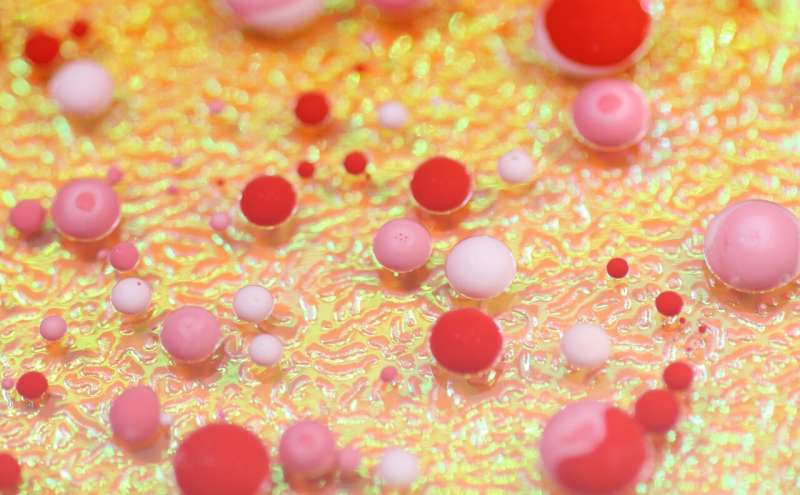Gwada-negative: The Rarest Blood Group on Earth

French scientists have discovered the world's rarest blood group, Gwada-negative, found in a woman from Guadeloupe. This groundbreaking finding highlights the complexity of human blood systems and the potential for future personalized transfusion solutions.
In a groundbreaking discovery, French scientists have identified the world's rarest blood group, known as "Gwada-negative." The only confirmed carrier is a woman from Guadeloupe, whose blood is so unique that no compatible donor has been found despite testing numerous potential samples. This discovery underscores the complexity of human blood systems beyond the familiar A, B, AB, and O types, which include the Rh factor. Blood groups are defined by specific proteins and sugars on the surface of red blood cells, crucial for transfusion compatibility.
The investigation began when the woman’s plasma reacted negatively with all tested donors’ blood samples, including her relatives, indicating an entirely new blood group. To pinpoint the cause, scientists employed advanced genetic analysis techniques, specifically whole exome sequencing, which examines all human genes. They discovered a mutation in the PIGZ gene, which encodes an enzyme essential for adding a sugar molecule to cell membrane components. This mutation prevents the addition of a specific sugar, resulting in a new antigen on red blood cells, leading to classification as Gwada-positive or -negative.
Further genetic experiments confirmed that this mutation creates a unique blood group. The woman remains the only known Gwada-negative individual, raising concerns about transfusion safety and her medical management. She has experienced mild intellectual disability and has lost two babies at birth, conditions potentially linked to her genetic mutation.
The PIGZ enzyme operates at the final stage of GPI (glycosylphosphatidylinositol) molecule synthesis, vital for cell membrane functions. Deficiencies in similar enzymes are associated with neurological issues and developmental delays. Given the extreme rarity of Gwada-negative blood, providing compatible transfusions in emergencies presents significant challenges. The possibility of lab-grown or genetically modified red blood cells offers a future solution, using stem cells to produce matching blood types for such rare cases.
This discovery adds Gwada to the growing roster of recognized blood group systems, now totaling 48. Named after Guadeloupe—"Gwada"—the blood group highlights the deep genetic diversity present in humans and the ongoing evolution of transfusion medicine. As genetic sequencing technology advances, scientists foresee more rare blood types being identified, which can improve personalized medical treatments and deepen our understanding of human variation.
Source: https://medicalxpress.com/news/2025-07-gwada-negative-rarest-blood-group.html
Stay Updated with Mia's Feed
Get the latest health & wellness insights delivered straight to your inbox.
Related Articles
Enhanced Prostate Cancer Outcomes Through Advanced Imaging Techniques
A Danish study shows that using PSMA PET/CT imaging before salvage radiotherapy significantly enhances survival rates in men with recurrent prostate cancer, supporting its role in personalized treatment planning.
Dietary Fats and Their Impact on Severe Childhood Asthma
New research links specific dietary fats to severe, treatment-resistant asthma in children, emphasizing the role of diet in respiratory inflammation and potential new therapies.
Coalition of States Commits to Protect Access to Mifepristone Amid Federal Review
A coalition of U.S. states vows to protect access to the abortion medication mifepristone amid federal safety reviews, emphasizing scientific evidence and reproductive rights.



